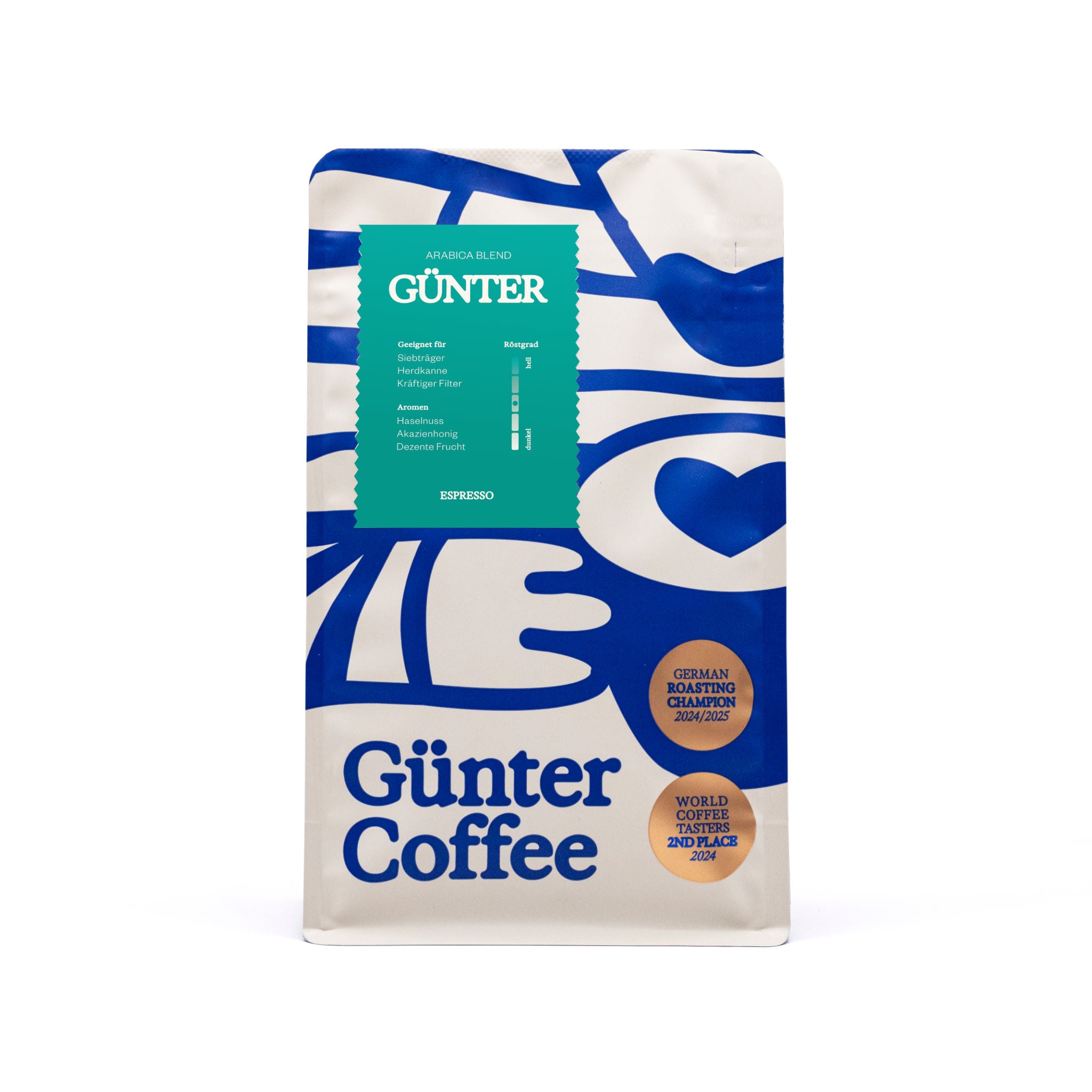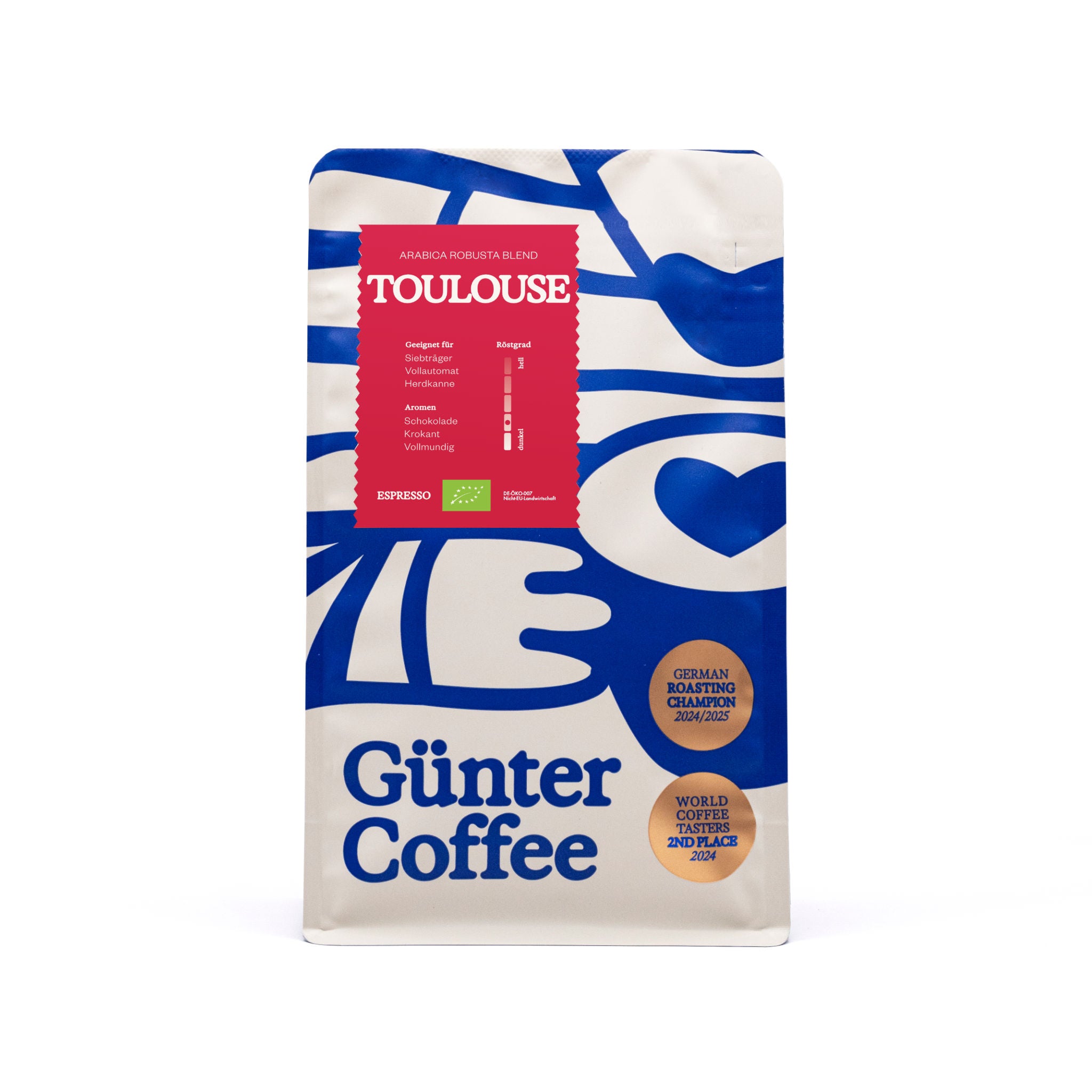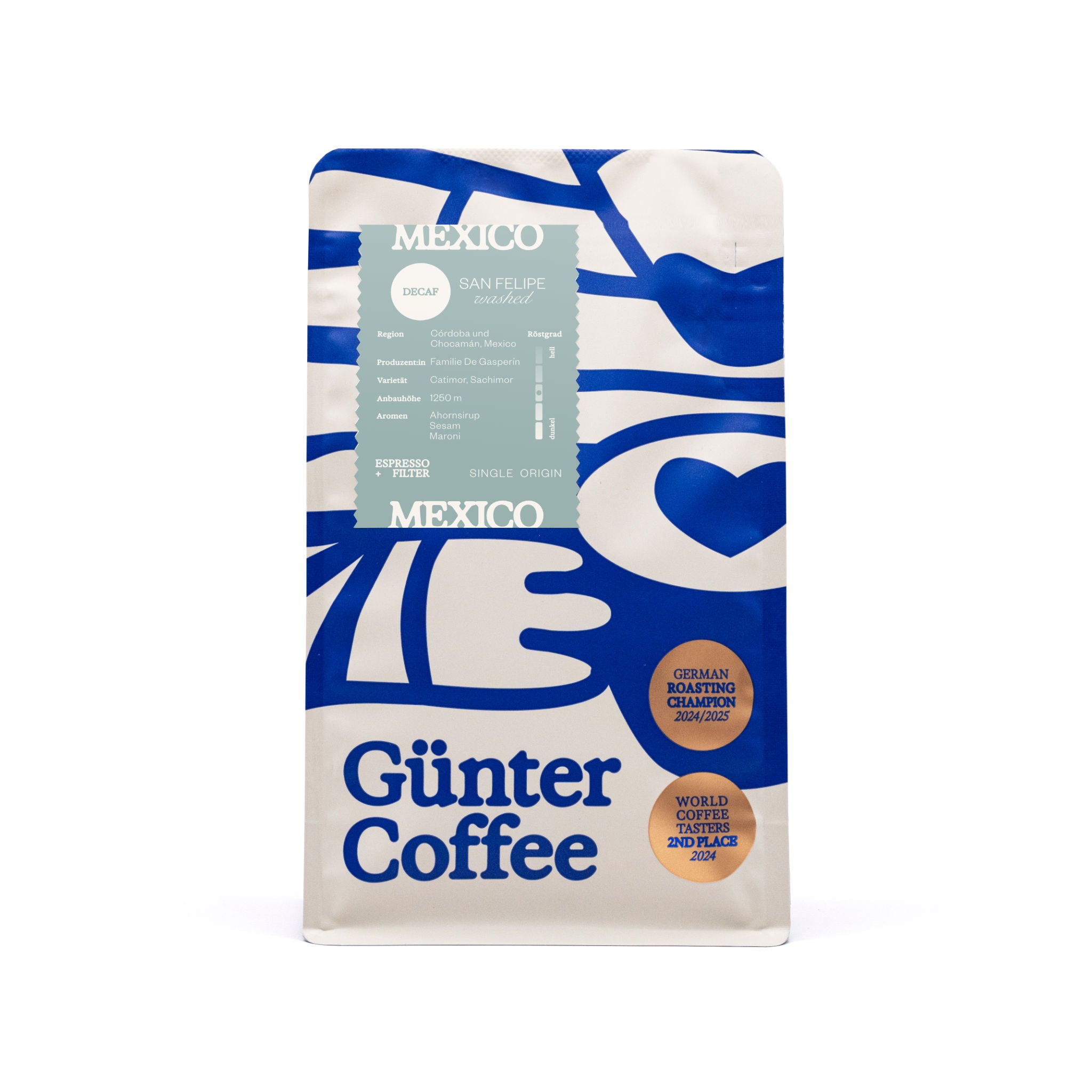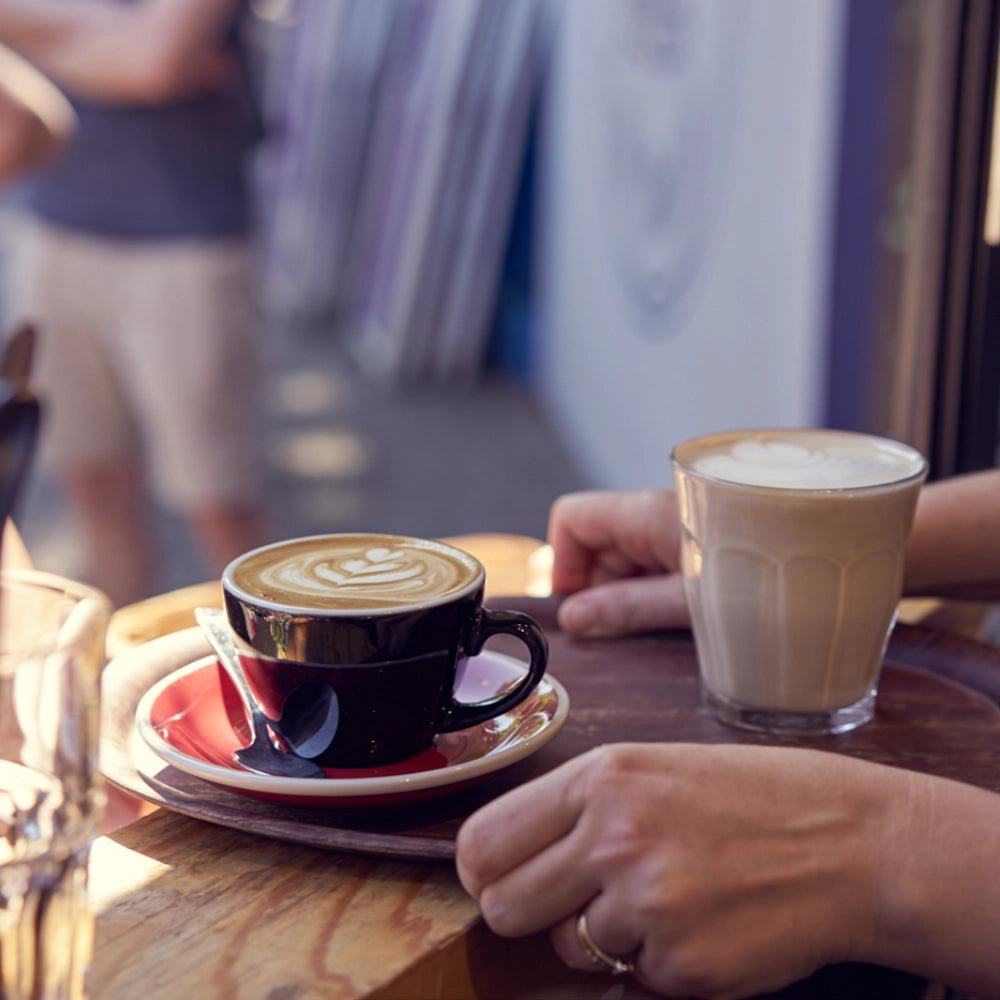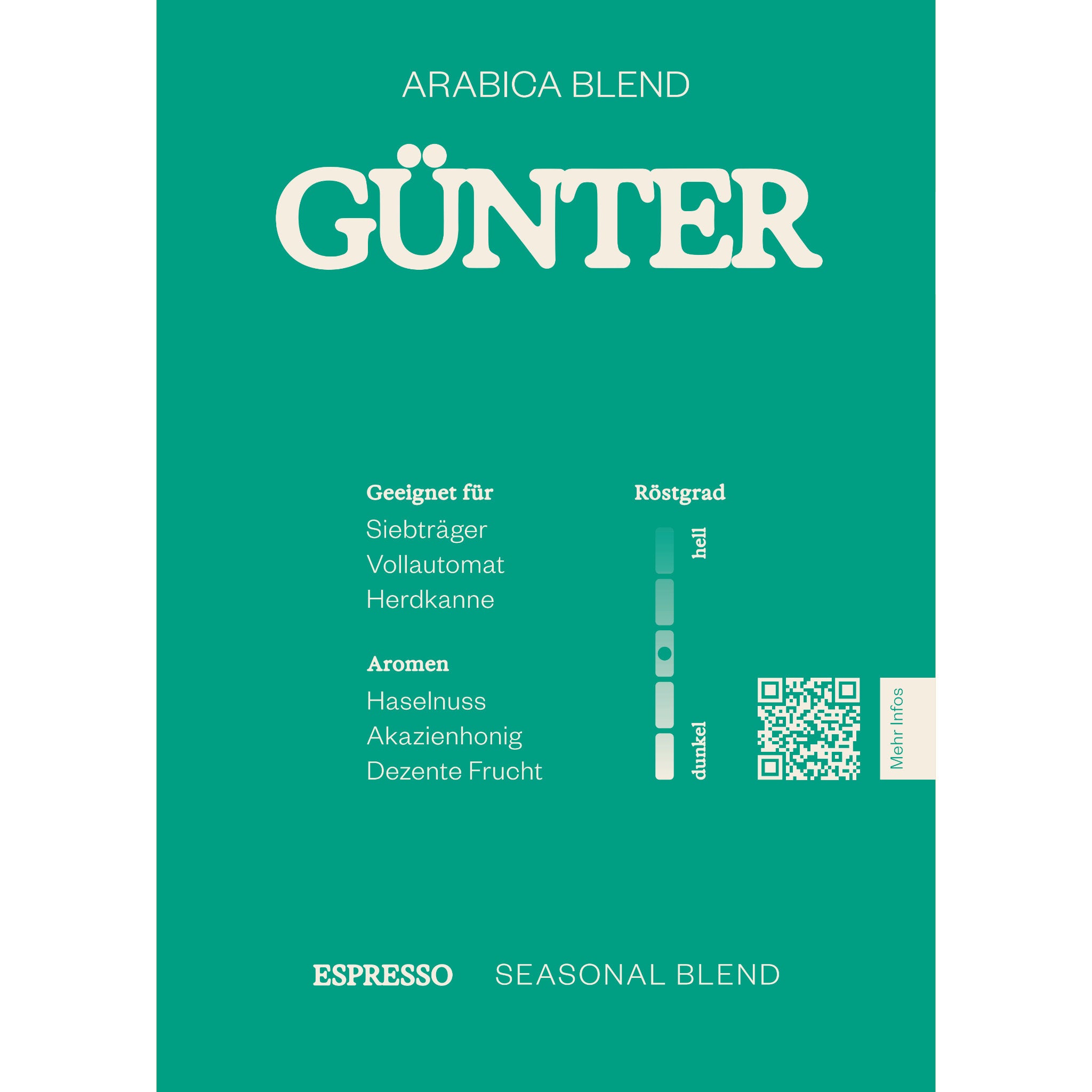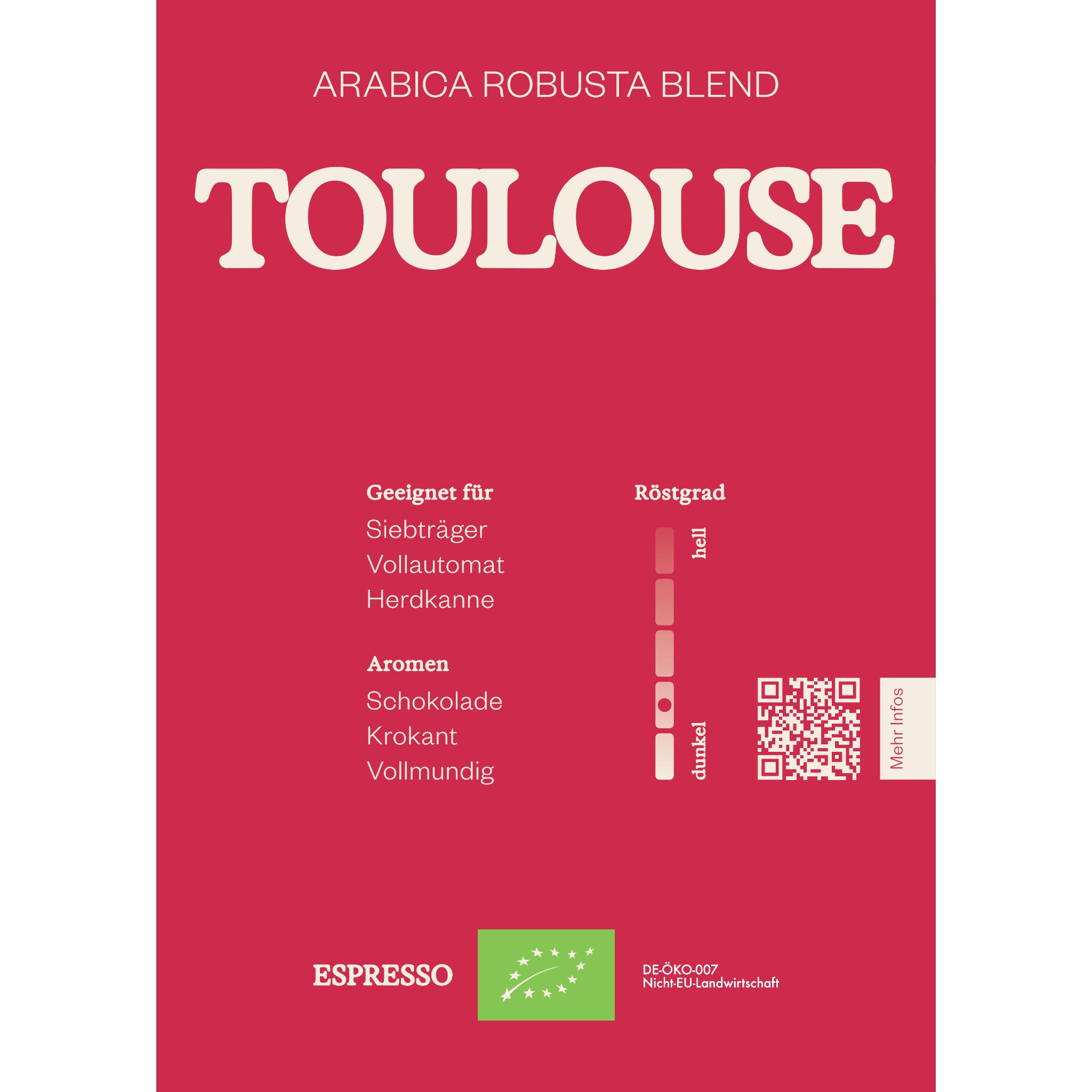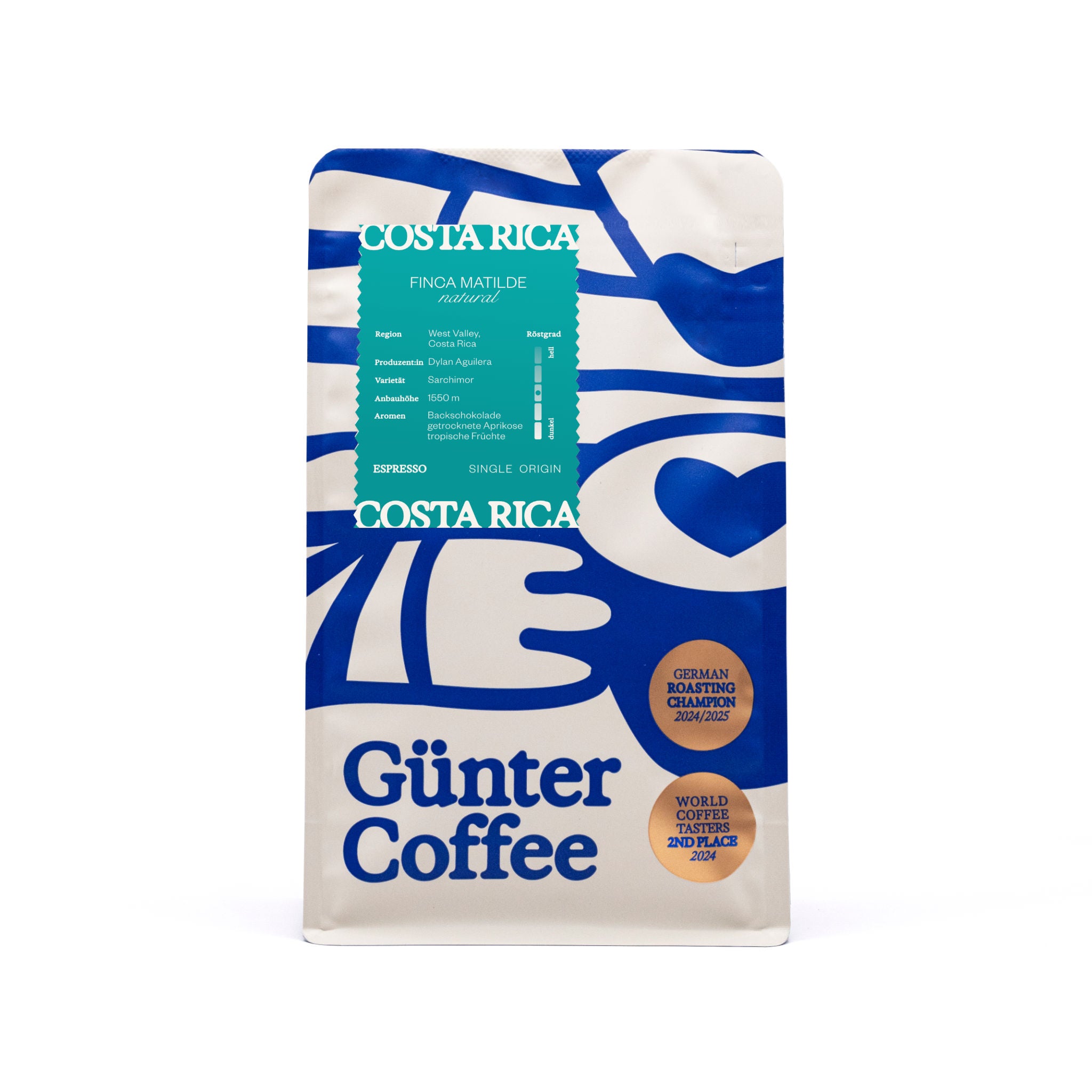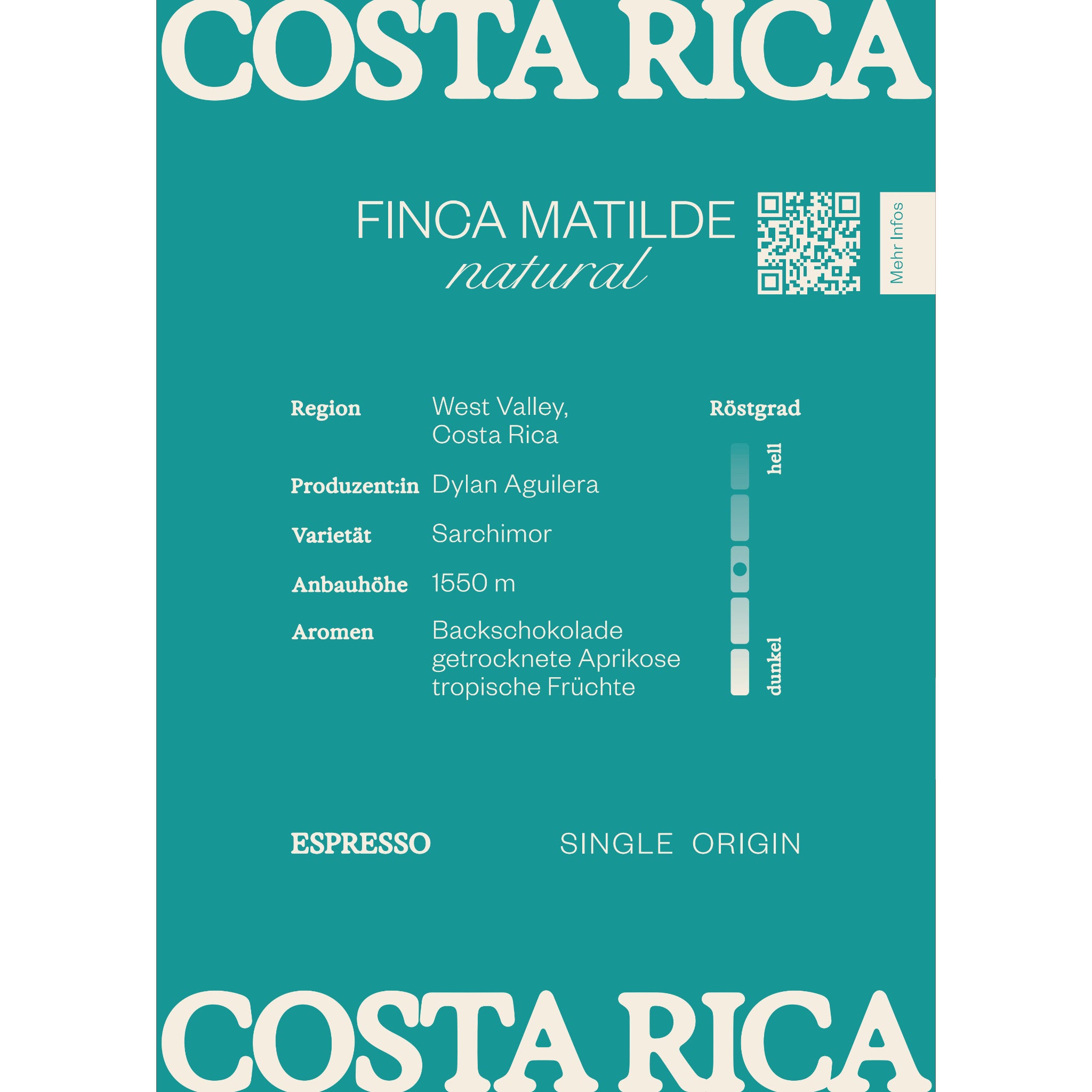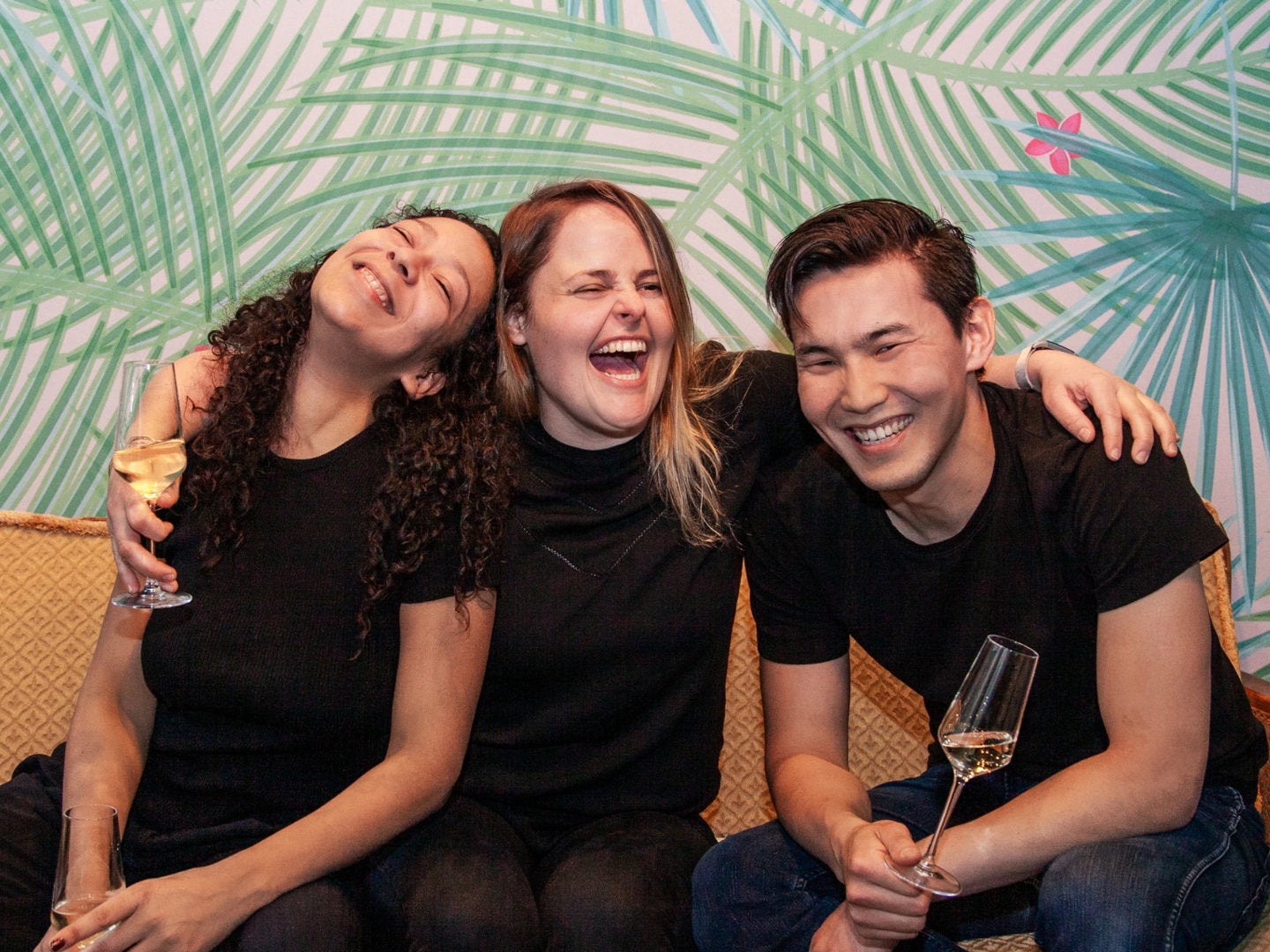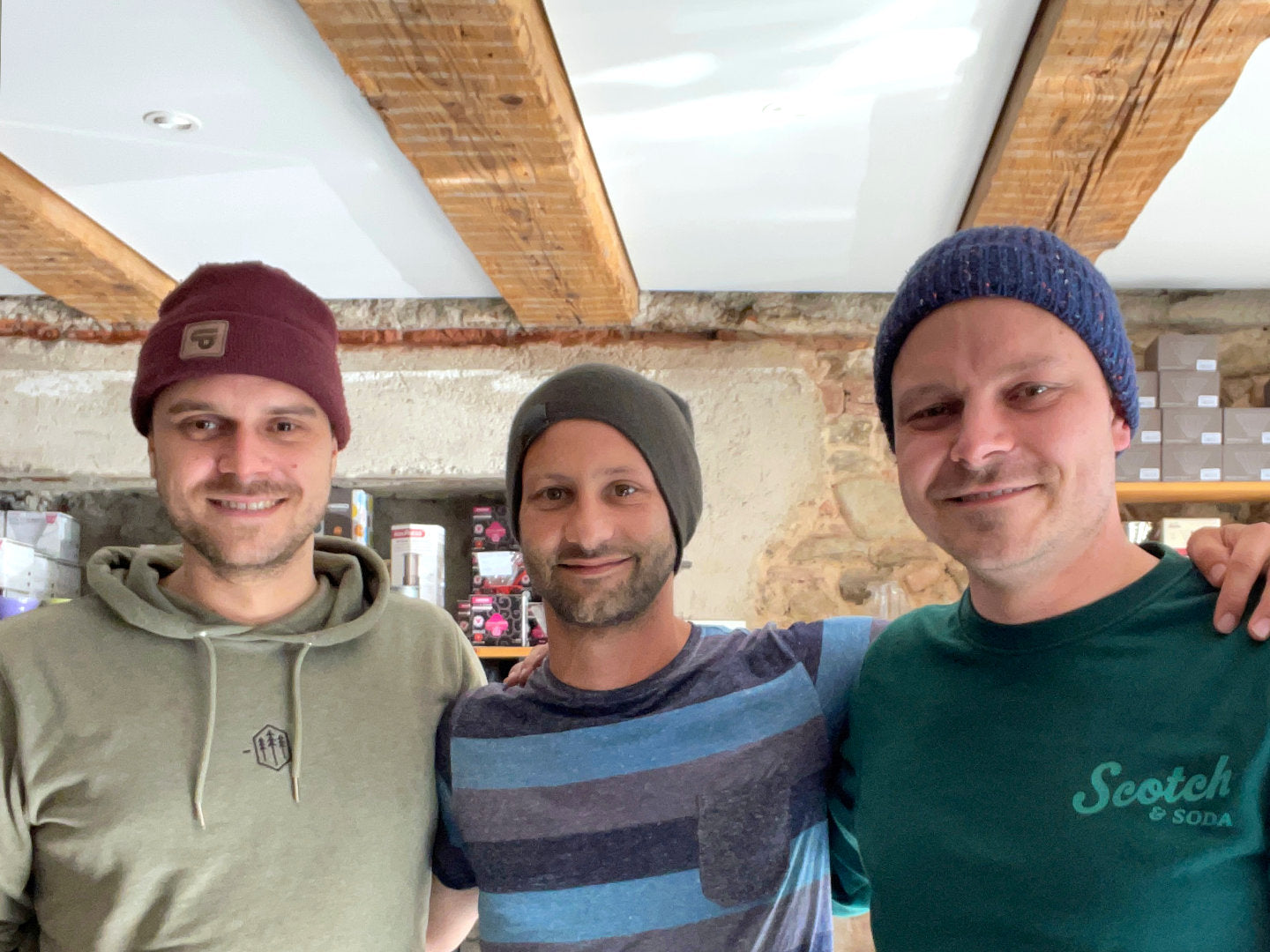Vanía was born in Rwanda and grew up in Switzerland. She tells us that she has always liked Rwandan coffee. However, the idea of gaining a foothold in the coffee business was initially “pure dreaming. Until I looked into the topic in more detail, ” says Vanía. She owes the fact that she got this far to professional coaching. In the course of this, she brings her love of coffee to paper, remembers that she once worked for a coffee company while she was a student and creates her first business plan.
“In the end it was the push in the right direction,” she tells us. Vanía reached out and approaches the Swiss coffee expert Prof. Chahan Yeretzian from the ZHAW (Zurich University of Applied Sciences). From him she gained detailed information about the differences in quality of green coffee. He is also the one who introduces her to Furaha Umwizeye Teuscher from Kivubelt Coffee. Furaha, Yeretzian remembered, had been a participant in one of his continuing education courses on coffee a few years earlier, and connected the two.
Kivubelt Coffee as an ideal cooperation partner
Furaha founded Kivubelt Coffee in 2011. The company specializes in Rwandan coffees, which grow on the eastern shore of Lake Kivu. “Farmers cultivate coffee plants on hundreds of small farms, usually on less than one hectare,” explains Vanía. There are between 100 and 300 trees on each farm.
The farmers deliver the ripe coffee cherries to Kivubelt’s Coffee Washing Stations (CWS). It is important that this happens quickly because the fermentation process begins approximately 8 hours after the coffee is harvested. At CWS Murondo and CWS Jarama, employees usually prepare the cherries washed - unless the roasters request otherwise.
In addition to the many small farms whose coffee cherries end up at Kivubelt, Furaha also runs three of her own farms with her company. On Jarama, Kamajumba and Nyaruzina, the declared goal is to operate modern model farms that also help small farmers in the area to achieve larger, high-quality yields. For example, employees distribute seedlings or fertilizer to farmers in the region.
Vanía founds Somaho and ships her first container
The ideal cooperation partner had been found for Vanía, and that had been clear since her visit to Furaha in Rwanda. She decides to take the step into self-employment and wants to found Somaho Specialty Coffee.
A week after returning from Rwanda, the corona pandemic broke out. Still, giving up was out of the question for her. Vanía goes through with the founding. She receives support for her first steps in self-employment from the Startup Academy, a Swiss association that specializes in supporting young companies.
The name Somaho means “Take a sip” in Rwandan. We were happy to accept this invitation, tried our first coffee from Vanía in 2021 and were immediately impressed. Our Rwanda Kamajumba from the first container from Somaho is now sold out, but we have already provided a delicious new roast with the Rwanda People's Farm filter coffee.
Coffee cultivation on the eastern shore of Lake Kivu
In the growing area around Lake Kivu, mainly Arabica coffee plants of different Bourbon varieties are used. Due to steep and impassable terrain, the farmers pick the cherries by hand during the coffee harvest. On the one hand, this ensures that fewer unripe cherries end up in the harvest and, on the other hand, it is also gentler on the coffee bushes.
“Due to climate change, the weather on Lake Kivu has become significantly more unstable,” says Vanía. “Both the rainy season and the dry season are very important for coffee production. The start and end of the season can no longer be easily estimated.” Due to the terrain, there is hardly any artificial irrigation in Rwanda. The farmers are largely helpless when exposed to the volatility of the weather. If the rain fails to come or comes too late, it inevitably means poor harvests.
With Kivubelt, Furaha wants to counteract this by advising farmers and supporting them with resistant seedlings. At harvest time, she offers up to 500 jobs in the region that are paid above average. This year she also launched a coffee tourism project. Supported by German development cooperation, she wants to create awareness of the conditions in the coffee-growing country of Rwanda.

Fantastic view of Lake Kivu in the background. Young coffee bushes can be seen in the foreground.
This is how coffee comes to Germany from Rwanda
From the many small and larger farms, the coffee that grows on Lake Kivu comes to Kivubelt Coffee's coffee washing stations. In the CWS Murondo and Jarama, the employees prepare the coffee. They then load it onto trucks. They first bring the coffee to Kigali, the capital of Rwanda, where the coffee is then placed in containers and begins its journey to Dar es Salaam in neighboring Tanzania. One of the most important and largest ports on the African east coast is located in the capital of the neighboring country.
We then continue by ship towards Europe. “It feels like it’s taking forever,” says Vanía and laughs. Once in Europe, the coffee is loaded and transported to Basel, Switzerland. Here the roasters either pick it up themselves or have it delivered to the roastery door by a logistics company.
What Vanía envisions for the future
“Roasters and consumers should take a closer look at where their coffee comes from and how it is produced. This also means that the roasters have a certain educational mission,” says Vanía. It is important to her that coffee drinkers understand that not all Arabica is created equal. Country, region and cultivation practices have a decisive impact on taste.
“In markets where quality counts and producers and buyers meet on equal terms, trade is fairer,” says Vanía. Can this be done sensibly with labels like Fairtrade and Co.? She has doubts about that: “Labels are relevant when the market structures are cartelistic. However, there is also the problem here that certifications and audits are very expensive. This leaves it unclear how small farmers, like those around Lake Kivu, can benefit from this, or whether they will simply be forced out of the market.”
For high-quality specialty coffee that is traded directly, Kivubelt and Somaho do not see certification as necessary because “buyers are in direct contact with the producers, maintain a sustainable relationship, visit them and negotiate prices directly.” The high quality of the coffee , they are convinced, can only be guaranteed through sustainable production. “This means that the quality of the coffee itself is the best indicator of sustainable production. This doesn’t require labels, but rather trained experts like the Q-graders who objectively determine and evaluate the quality of the coffee.”
We are pleased to be working with Vanía and are enthusiastic about the Rwandan green coffees that we purchase from her. For filter coffee fans and espresso lovers who like to experiment, we have a clear recommendation to try it.

